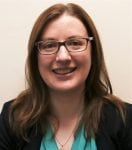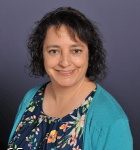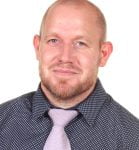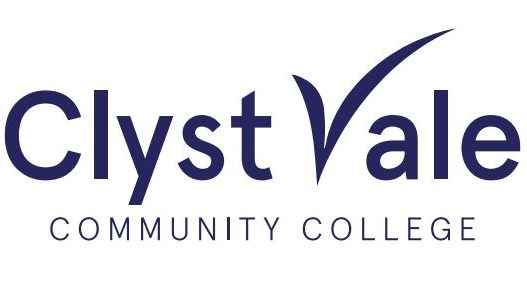Welcome to the subject page for Science.
You’ll find key information including staffing, curriculum plans and contact details on this page.
Curriculum Intent
Science education provides the foundations for understanding the world. Science changes our lives and is vital to the world’s future prosperity. Through science education, students learn to recognise the power of rational explanation and develop a sense of excitement and curiosity about natural phenomena. They are encouraged to understand how science can be used to explain what is occurring, predict how things will behave, and analyse causes.
Our curriculum for science aims to ensure that all pupils:
– Develop scientific knowledge and conceptual understanding through the specific disciplines of biology, chemistry and physics. Our schemes of work aim to give students an understanding of the key big ideas in science: the links between structure and function in living organisms, the particle model as the key to understanding the properties and interactions of matter in all its forms, and the resources and means of transfer of energy as key determinants of all of these interactions.
– Develop understanding of the nature, processes and methods of science through different types of science enquiries that help them to answer scientific questions about the world around them. Students are taught about Working Scientifically through a range of practical investigations that are always clearly related to the science content in the programme of study. Students develop key practical skills such as use of microscopes, safe handling of chemicals and basic equipment to carry out chemical reactions and measurements of time, distance and forces in different contexts.
– Are equipped with the scientific knowledge required to understand the uses and implications of science, today and for the future. In particular, we teach students to be critical about information and to evaluate strategies and behaviours that could have an impact on the environment. We take opportunities to incorporate topical issues into our teaching; our teaching of sustainability and the environment links directly to our ethos as a Rights Respecting School. We encourage students to have high aspirations and introduce them to the huge range of careers in STEM.
KS3 Science Curriculum Intent
At KS3 we aim to provide students with an understanding of a range of scientific ideas in the subject disciplines of biology, chemistry and physics with a strong focus on developing “Working Scientifically” skills. These skills are always taught through and clearly related to science content relating to the big ideas in science. Examples of these big ideas are the links between structure and function in living organisms, the particulate model as the key to understanding the properties and interactions of matter in all its forms, and the resources and means of transfer of energy as key determinants of all of these interactions.
Pupils are encouraged to relate scientific explanations to phenomena in the world around them and start to use modelling and abstract ideas to develop and evaluate explanations.
Pupils should understand that science is about working objectively, modifying explanations to take account of new evidence and ideas and subjecting results to peer review. Pupils should decide on the appropriate type of scientific enquiry to undertake to answer their own questions and develop a deeper understanding of factors to be taken into account when collecting, recording and processing data. They should evaluate their results and identify further questions arising from them.
‘Working scientifically’ is described separately at the beginning of the programme of study, but must always be taught through and clearly related to substantive science content in the programme of study. Teachers should feel free to choose examples that serve a variety of purposes, from showing how scientific ideas have developed historically to reflecting modern developments in science.
Pupils should develop their use of scientific vocabulary, including the use of scientific nomenclature and units and mathematical representations.
Schemes of Learning













